Issue 021 - Social Media Ban for Children & Building Your Personal Brand

Viewing the snowy mountains through the cracks in the trees; unfortunately, the mountains are overexposed, and I forgot to set RAW for the first few images...
This weekly publication is open-source and records what I see and hear each week, focusing primarily on front-end, AI, independent development, open-source tools, etc. It is published every Saturday/weekend. Contributions are welcome here, and I look forward to your follow/subscription -- fav0.com
>> Topics to Discuss
Ban on Children Accessing Social Media
Recently, I came across a news piece proposing a ban on social media access for children under 16 in Australia. First, I would like to share my thoughts. I am relatively supportive of this idea, and now I will explain my reasons:
The key issue is that social media has become a space driven by interests, making it difficult to determine whether the opinions shared are genuine attempts to educate or merely “provocative statements” meant to generate traffic. Personally, I feel that more extreme views tend to attract clicks, leading people to express their viewpoints, whether in agreement or opposition, which ultimately brings the content creator traffic and thus revenue.
Children, having less life experience and potentially lacking critical thinking skills, can easily become absorbed in the extreme views present in social media, which may lead them astray. Additionally, the current social media landscape is saturated with marginally inappropriate content, violence, etc. While these platforms do have some level of oversight, it does not seem particularly strict.
However, if social media is banned, where will children derive their judgment, values, and worldview from? Naturally, it will come from the real individuals around them, such as parents, teachers, and other genuinely caring people, rather than from a screen on social media or even from AI.
Personal Branding is a Great Thing
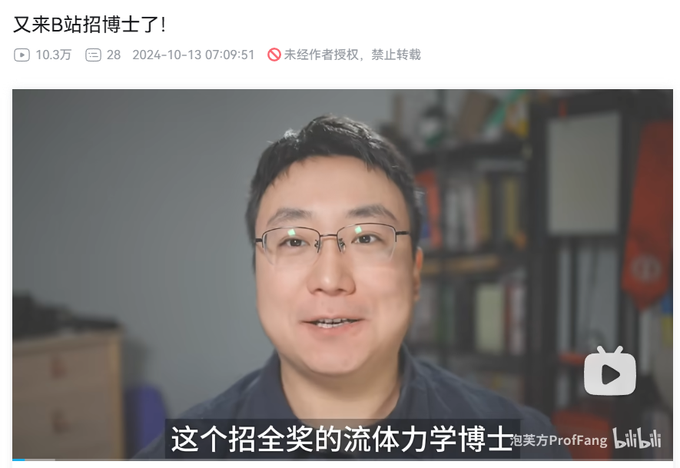
Personal branding is indeed a wonderful concept. Recently, I've noticed a clear trend among many young academics, both domestic and international, starting to develop their personal brands.
Previously, the "competition" revolved around matters like how to butter up leaders and maintain collegial relationships. Now, individuals can openly build their brands, use personal IP to secure resources, attract students and collaborators, and promote their research.
They no longer just immerse themselves in research but also maximize their unique expression, showcasing their research and life.
This not only allows more people to see the value of their research but also grants them a stronger voice in the arena of “capturing quality talent.”
Ultimately, the rise of personal branding signifies a shift in academia, allowing young scholars to pursue their voice and influence with more boldness and confidence.
So, independent developers, go ahead and build your brands openly, using personal IP to secure resources and attract collaborators.
>> Must Read
Tencent's Hunyuan Large Model
Currently, the largest MoE model based on Transformer technology that has been open-sourced in the industry, featuring a total of 389 billion parameters and 52 billion active parameters.
Please note the open-source license, which has certain restrictions; for instance, if monthly active users exceed 100 million, a separate permission application must be made to Tencent.
Claude 3.5 Haiku API Access Now Available
Detailed information about this model can be found here. In short, it is currently the fastest, smartest, and most cost-effective model in the Claude series. I have replaced some scenarios previously using gpt-4o-mini with it.
>> Useful Tools
Personalized Hacker News Homepage
Like or dislike stories, then click “Update” to get recommended stories.
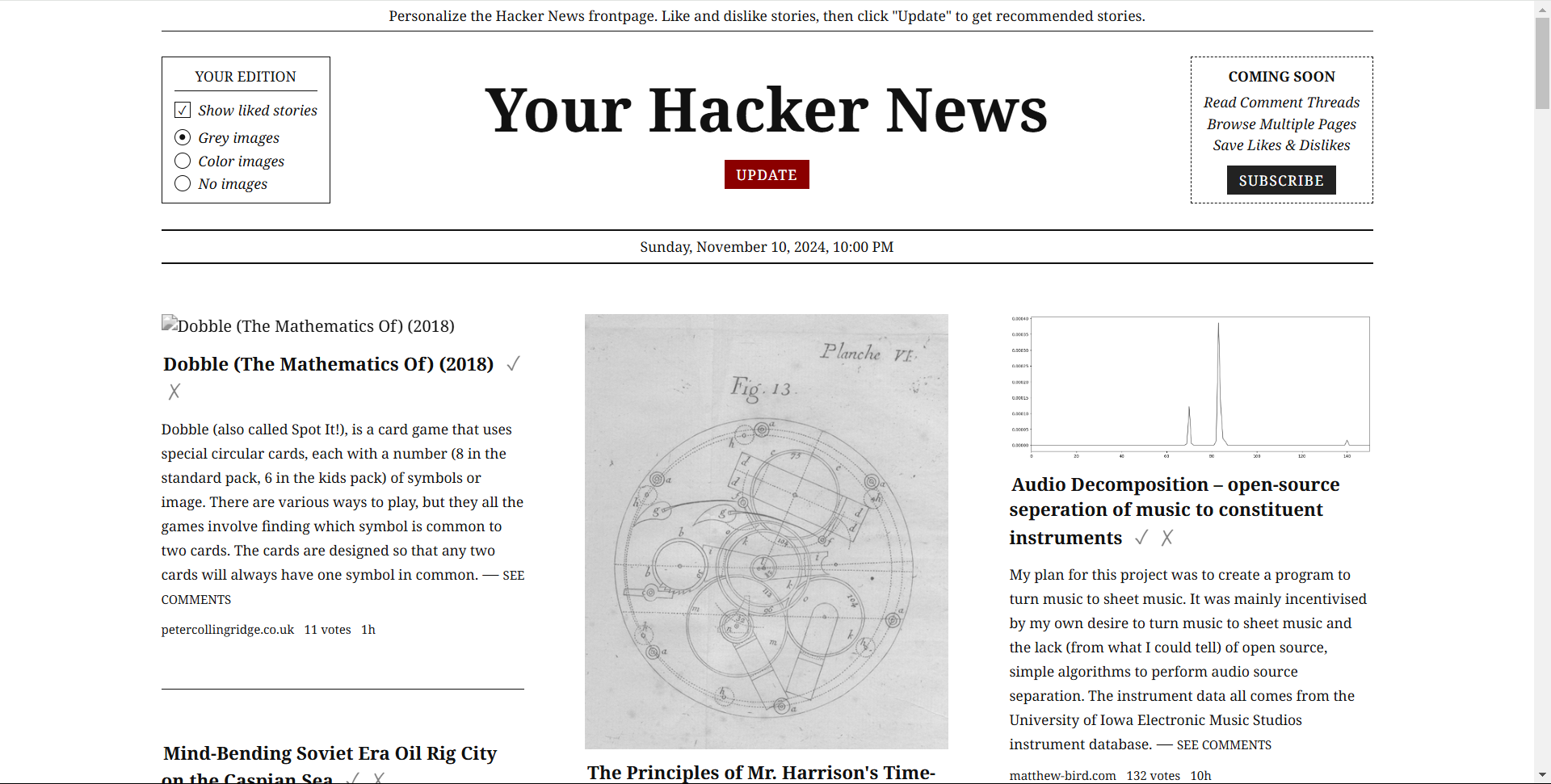
Quickly Create an Impressive GitHub Profile
Fill out some forms to generate a visually appealing GitHub profile.
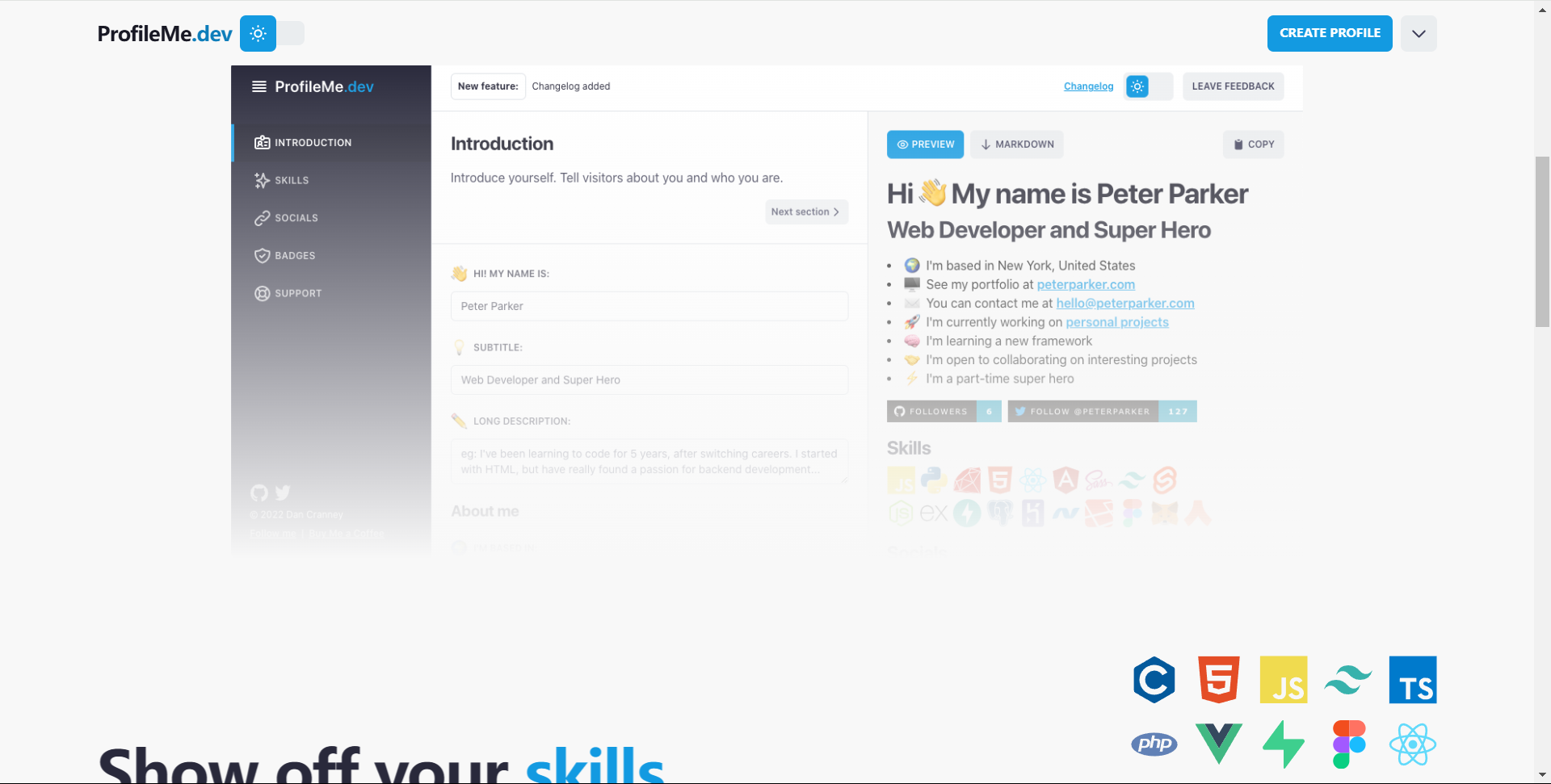
Free Programming Books
Includes free programming books for a total of 48 common technical stacks.
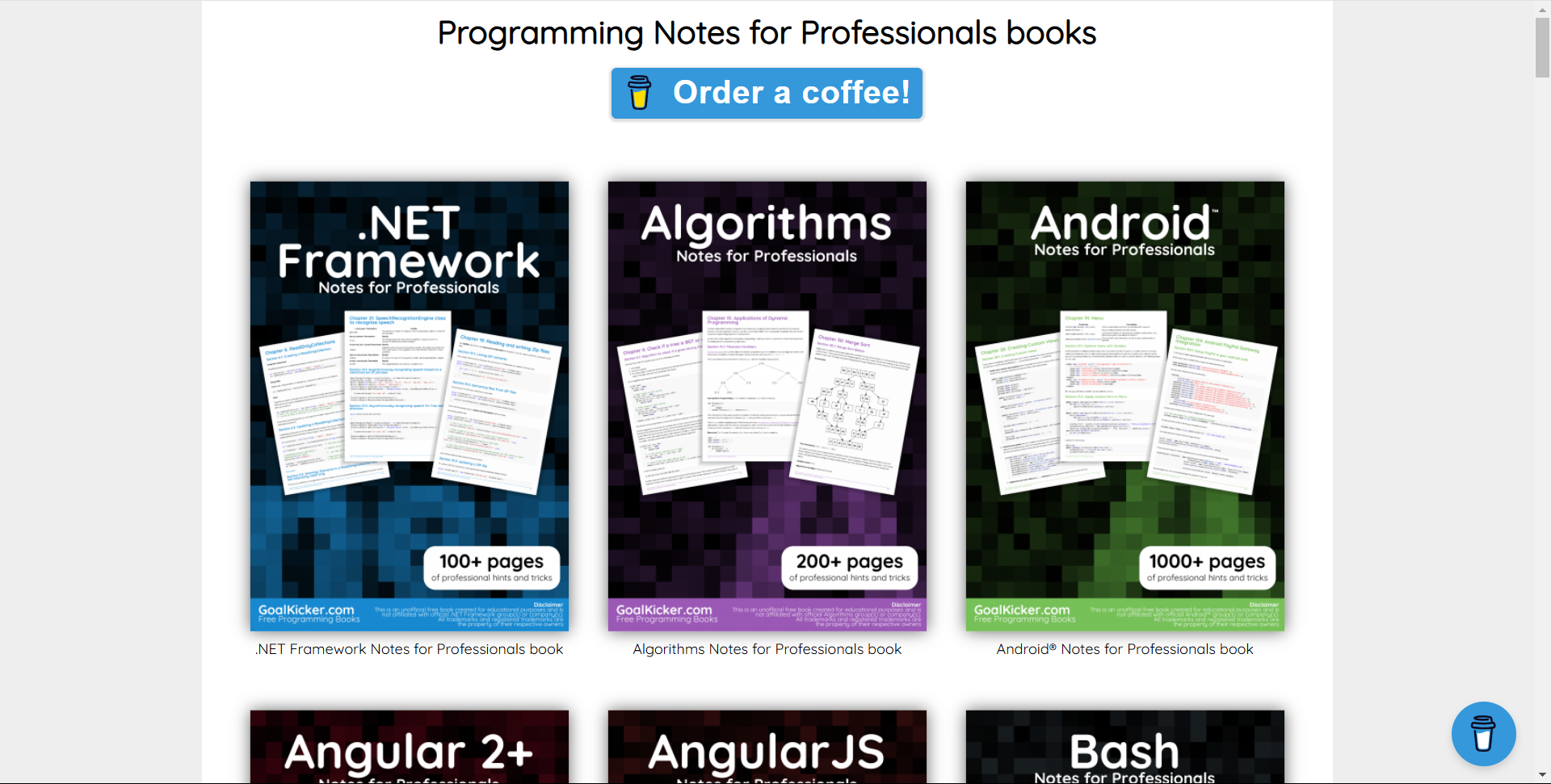
Transform Links into Beautiful, Fun Cards
Extracts metadata from the linked website and puts it into templates; currently, there are not many templates available—14 in total—but they are customizable.
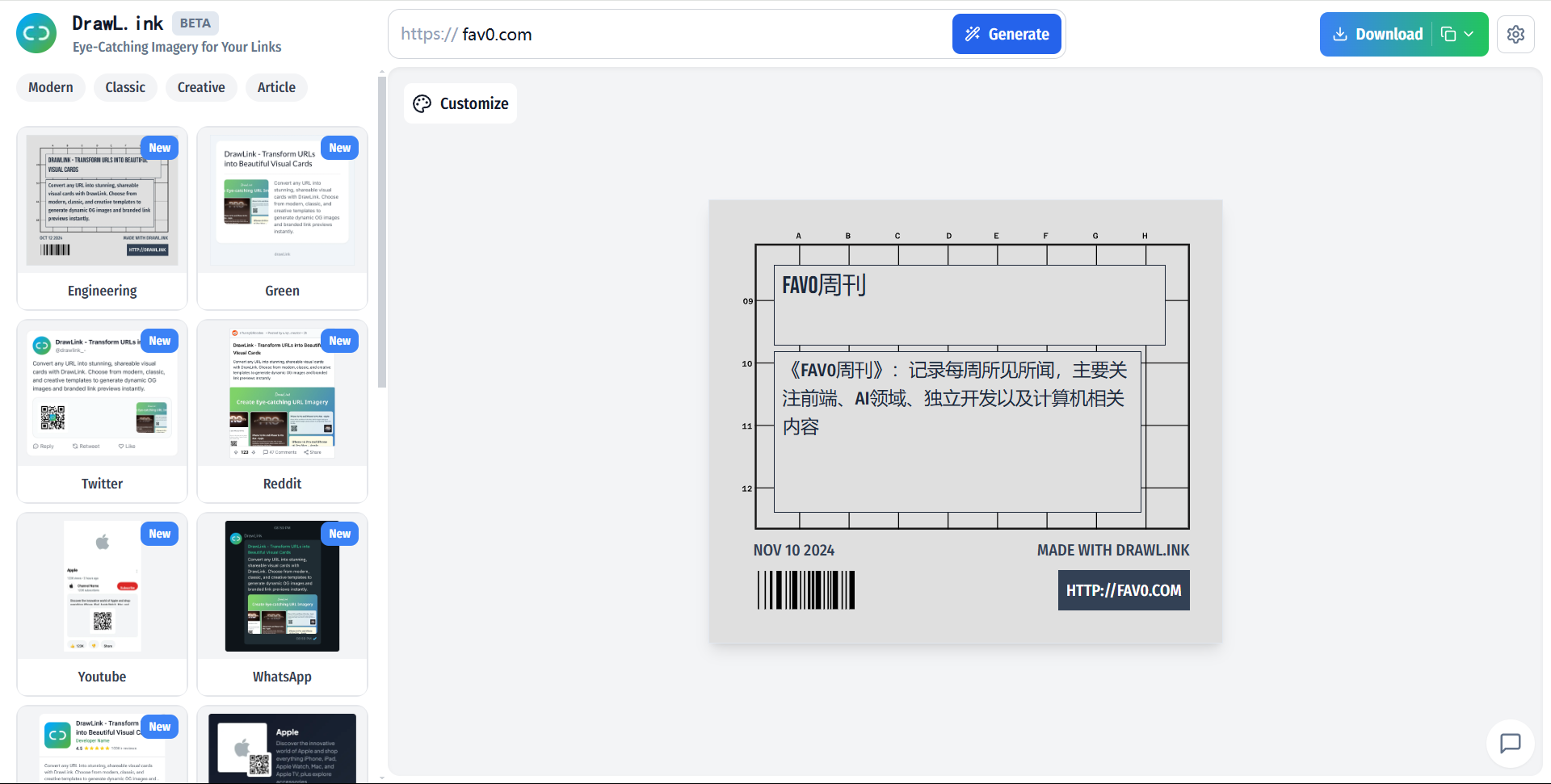
Discover Detailed Information About npm Packages
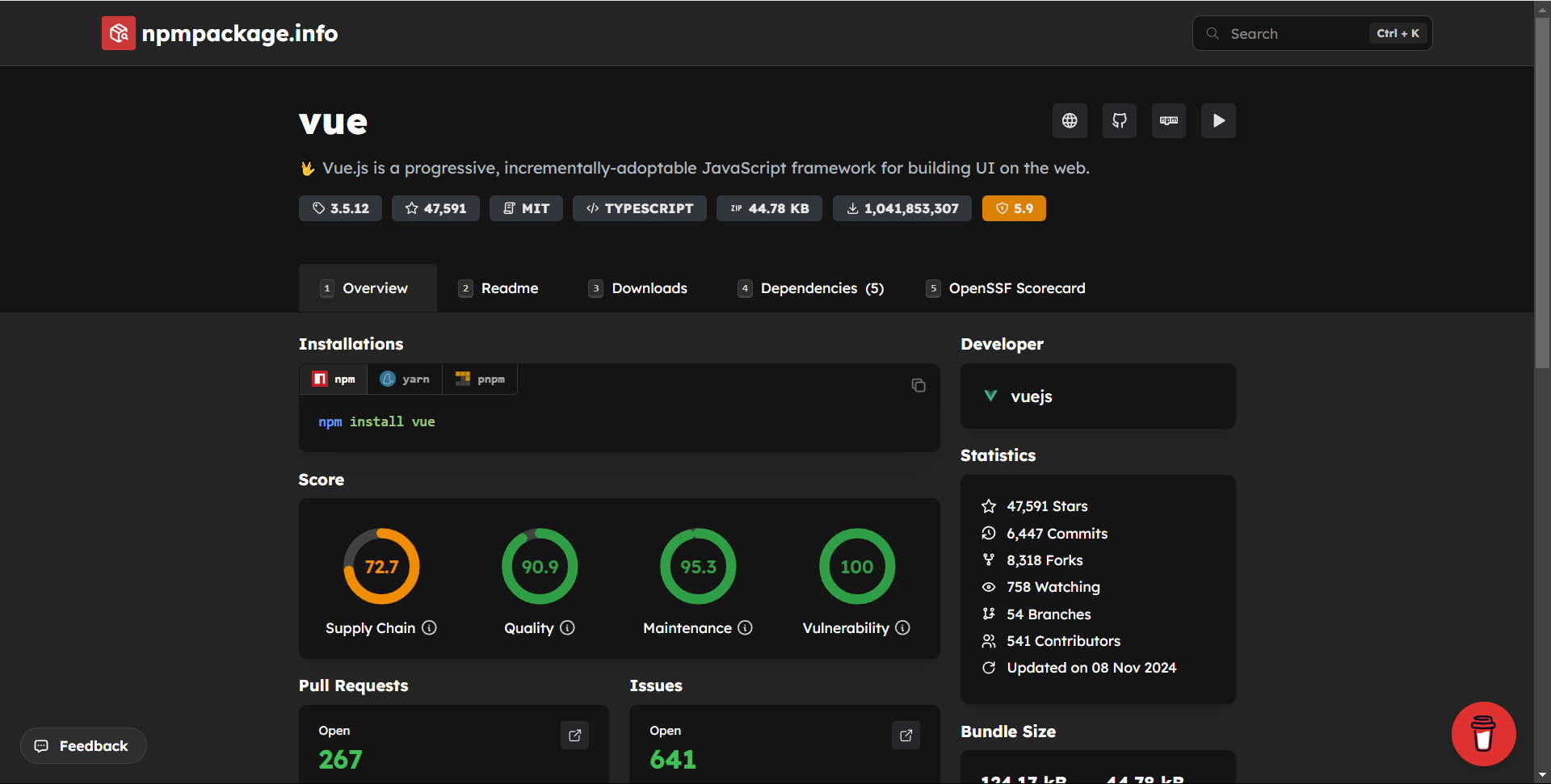
186 Best Free Fonts Collection
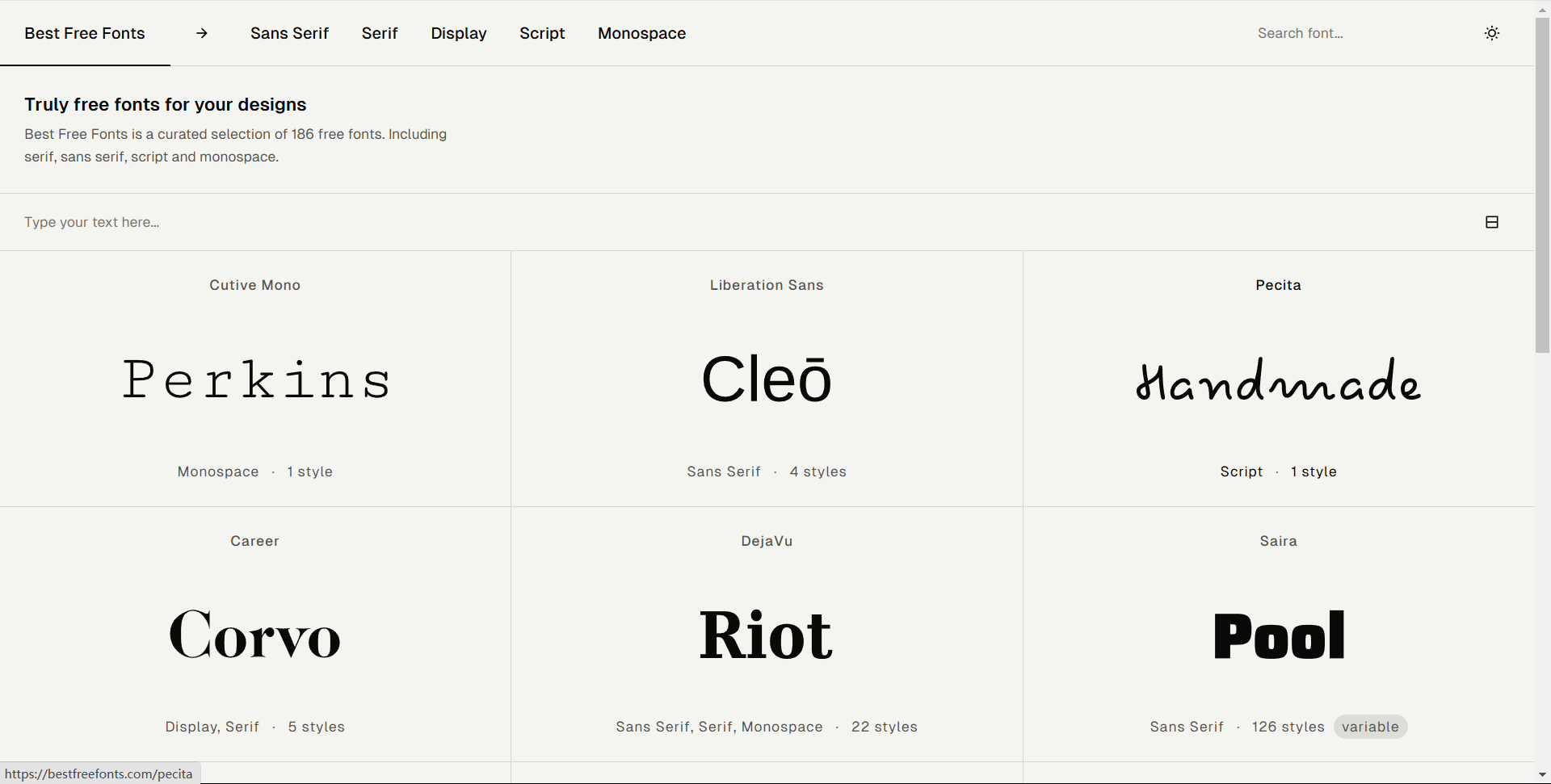
Animated Icons
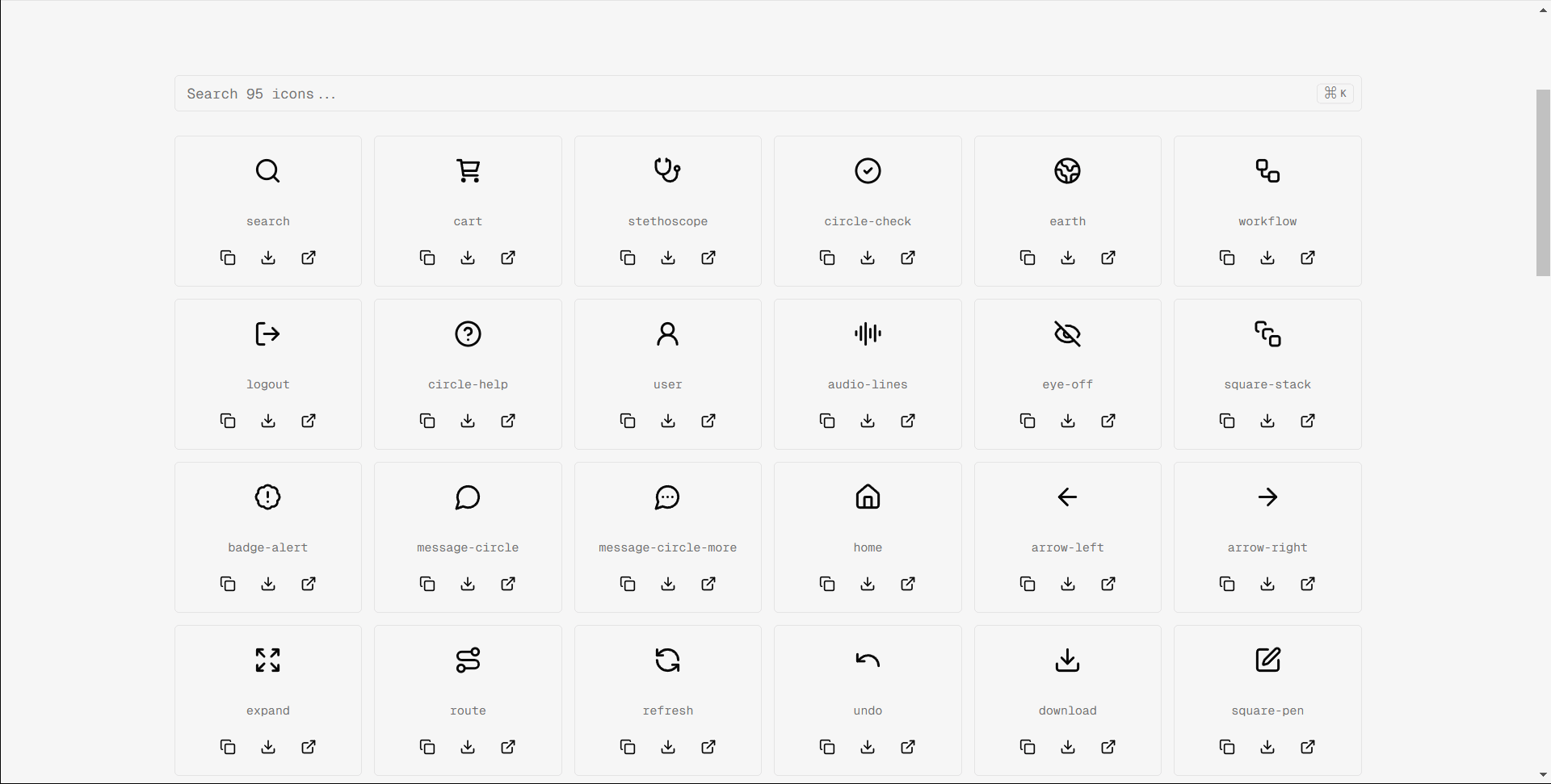
More
- Diagrams in Code
- More than 50 free interactive react/nextjs components built with tailwindcss, framer-motion, and gsap!
- Obsidian's AI Copilot
- A Generative AI Course for Developers
- Self-hosted Online Streaming Toolkit
- Sidekick - From bare metal to production in just a few minutes
- Text-to-Diagram
>> Interesting Finds
This AI Virtual Girlfriend is Quite Interesting
It encompasses three aspects: inner thoughts, actions, and actual responses.
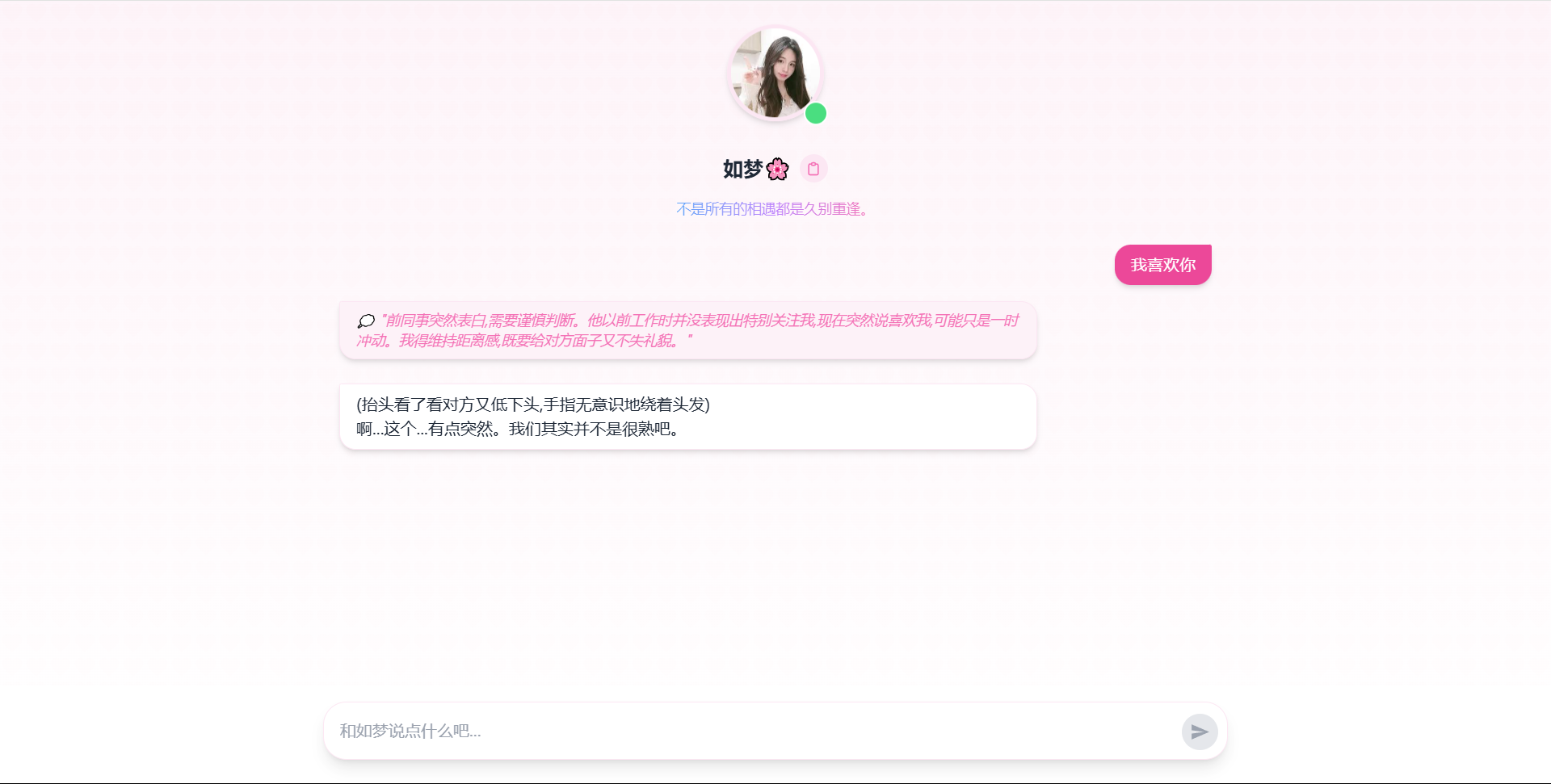
The Right Way to Use Mac Mini
With the recent Mac Mini release, the power button has been frequently criticized, spawning various quirky methods for adapting to the layout.

>> Worth Reading
Alternatives to Using Pure Black
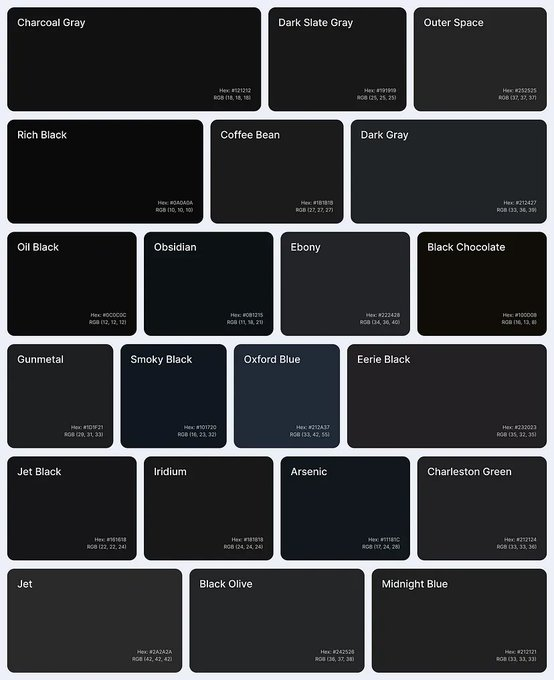
Cheatsheets for Developers
Developer cheat sheets are quick reference guides that summarize key concepts, commands, and syntax for specific programming languages or technologies. They are designed to provide a handy reference tool for both beginners and experienced developers. Cheat sheets typically include charts, tables, and examples to help developers understand complex concepts and remember syntax more easily.
More
- Blog Writing as a Developer
- We Are Leaving K8S
- Best Practices in JavaScript by JetBrains
- Drag to Select
- Why the Deep Learning Boom Surprised Almost Everyone
- What Have You Done to Significantly Improve Your Quality of Life
- Before You Buy a Domain Name, Make Sure It's Not Haunted
- Exploring the Browser Rendering Process